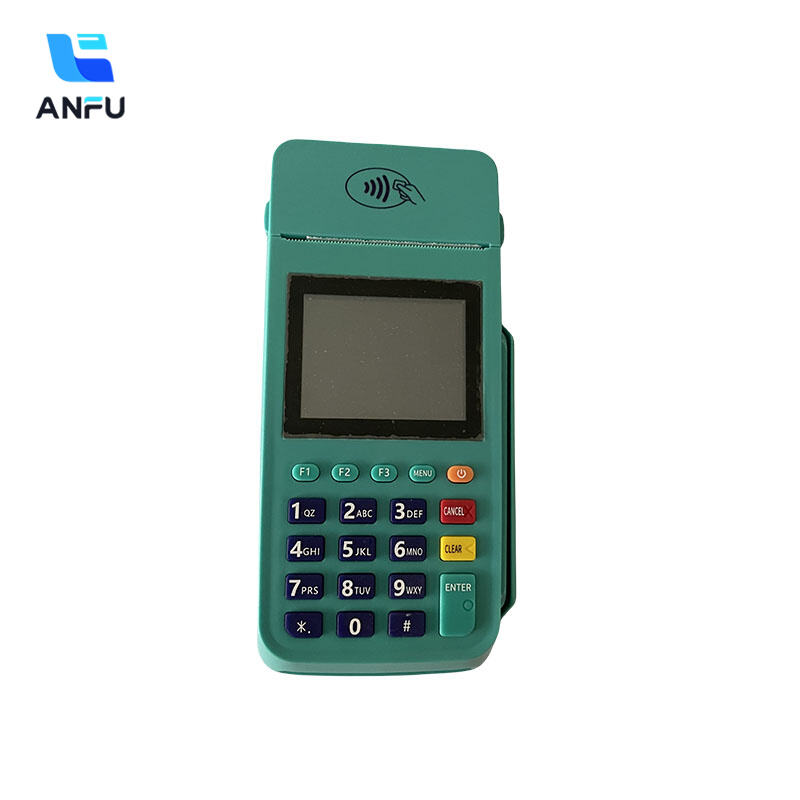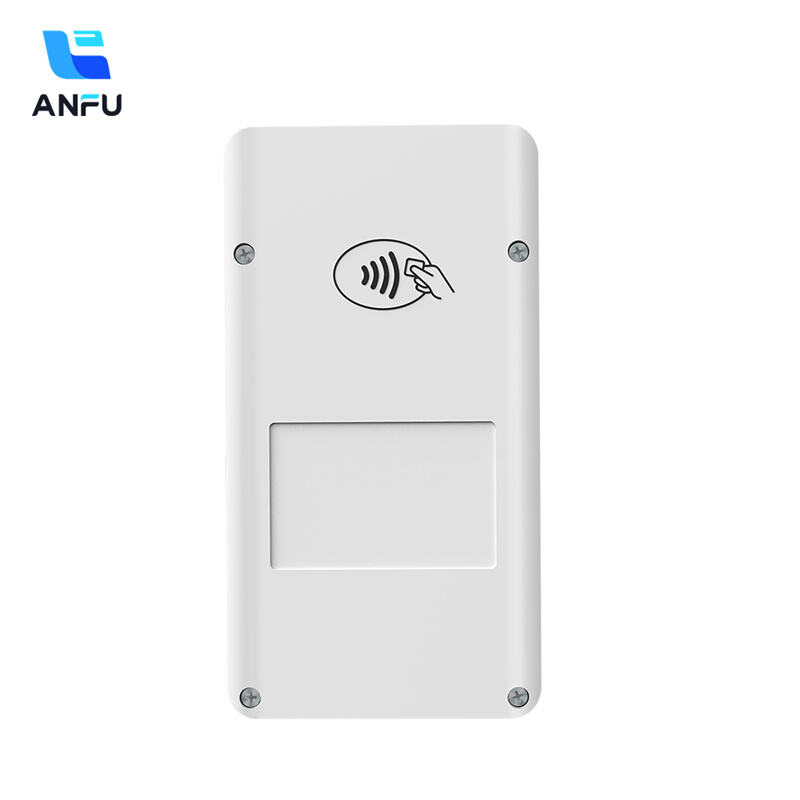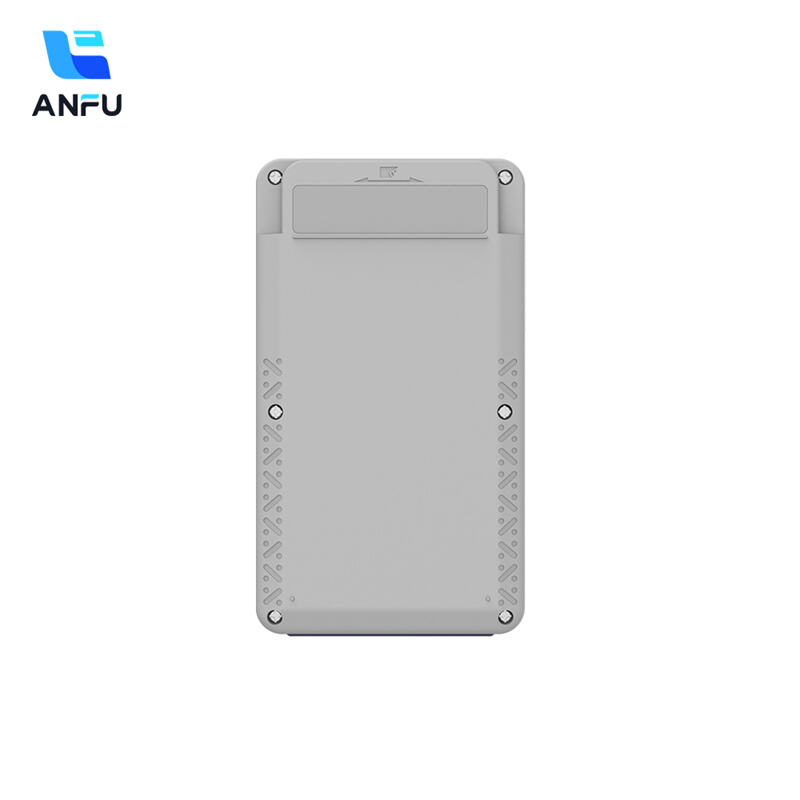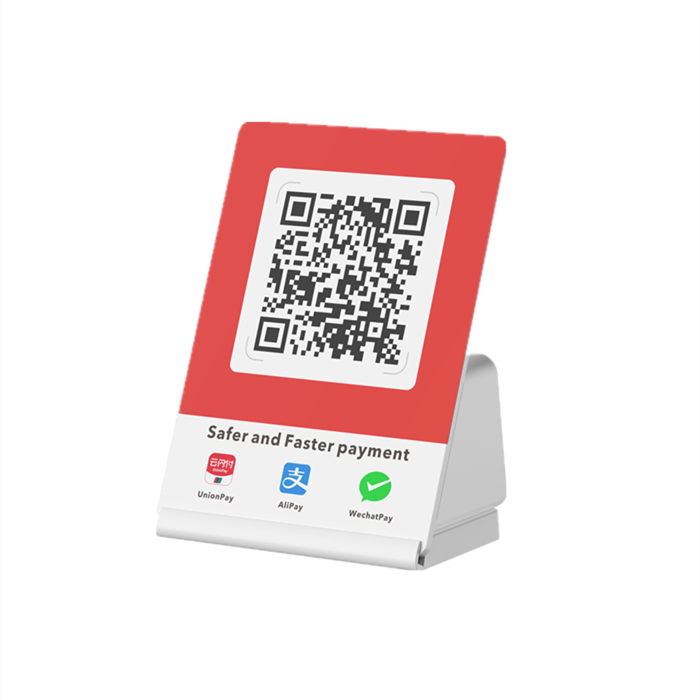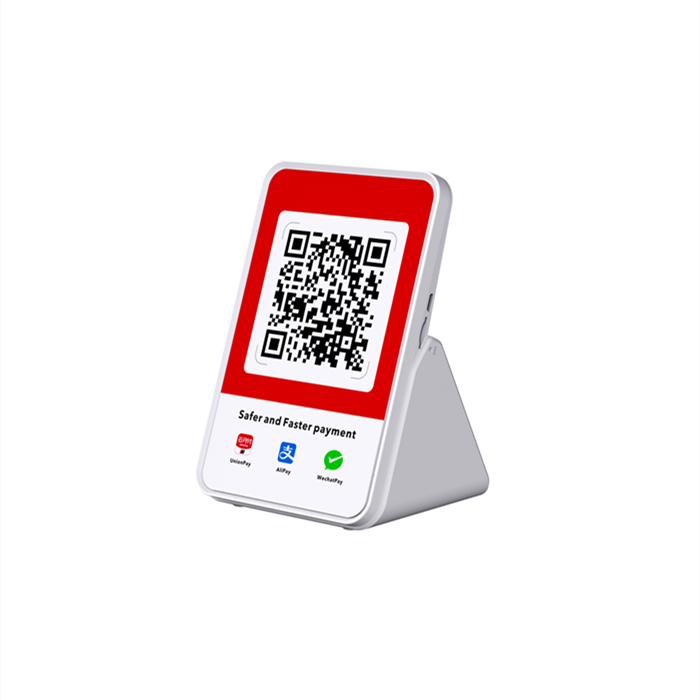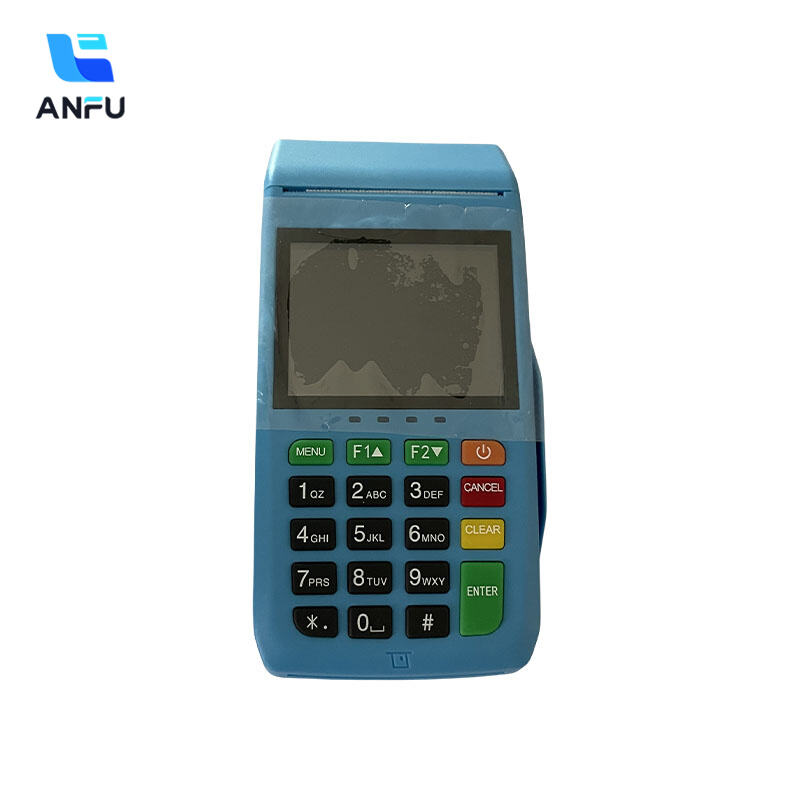The Emergence and Worldwide Influence of Traditional POS Machine Exporters
Among the technological progress that the retail industry has undergone, there is the retention of the traditional POS machines, more so for small and medium built businesses across the world. In this era of technology, where in-store purchases form the bulk of the physical sales, there is a rising need for the development of efficient and affordable POS systems targeted at small-sized retailers. Traditional POS Machine Exporters are in this case assuming these roles. The focus in this article is on the functionalities of these exporters, who are they, what do they contribute and how do they affect globalization.
Introduction
The conventional POS system which primary includes hardware devices namely a cash register, a receipt printer, and a barcode scanner has become predominant in performing retail business operations for years. These systems have further advanced into software interfaces that offer functions such as handling inventories, marketing services, and even payments upon the digitalization of the processes. Nonetheless, the usage of POS machines is still needed particularly in places with little internet access or for people who are used to doing things the traditional way.
What is Involved in Exporting Traditional POS Machines
Exporters of traditional POS machines assuming proper charge over the manufacturers are called upon to enhance cross border commerce in regions which have their manufacturers fully integrated into retail and business networks with other countries. These exporters are not limited to just shipping the goods but also observing international and legal requirements, as well as financial requirements imposed by the payment.
Main Responsibilities
Accessibility and Affordability: Capitalizing on the cost reduction efficiencies associated with traditional POS machine exporters, cheap pricing policies, and production economies, even the smallest enterprise would be able to obtain decent POS systems in even the most isolated and backward areas.
Customization and Localization: Apart from just the manufacture POS systems and ship them abroad, they have been known to take an extra effort to partner with POS manufacturers and design POS systems that suit the market.
Technical Support and Training: More and more exporters are willing to offer full-service after-sales support, including installation and POS system training, as well as technical support, to ensure that the systems are set up properly.
Market Expansion: By venturing into new markets and establishing fruitful connections with other distributors and resellers, traditional POS machine exporters assist producers in broadening their scope and getting to more customers.
Social Responsibility
Retail Sector: The improvement in transaction speed and enhanced capabilities in inventory management results in increased revenues and satisfaction among customers in the retail sector.
Financial Inclusion: In areas where the banking system is poor, the use of POS (point of sale) machines allows monetary operations to be conducted, thus increasing connectivity, and reducing the need for cash in society.
Economic Diversification: For the importing nations, the deviation in sales of POS machines is notable as it stands as a means of earning foreign exchange which augers well with the economy.
Recommended Products
Hot News
-
Smart Card 2019
2024-01-23
-
Trustech 2019
2024-01-12
-
Futurecom 2019
2024-01-12
-
Seamless Payments Asia 2020
2024-01-12
-
Seamless Middle East 2022
2024-01-12

 EN
EN
 AR
AR
 BG
BG
 CS
CS
 DA
DA
 NL
NL
 FR
FR
 IT
IT
 JA
JA
 KO
KO
 PL
PL
 PT
PT
 RU
RU
 ES
ES
 TL
TL
 ID
ID
 LT
LT
 UK
UK
 VI
VI
 HU
HU
 MT
MT
 TH
TH
 TR
TR
 FA
FA
 AF
AF
 MS
MS
 MK
MK
 HY
HY
 AZ
AZ
 KA
KA
 BN
BN
 BS
BS
 LO
LO
 MN
MN
 NE
NE
 ZU
ZU
 MY
MY
 KK
KK
 UZ
UZ
 KY
KY

